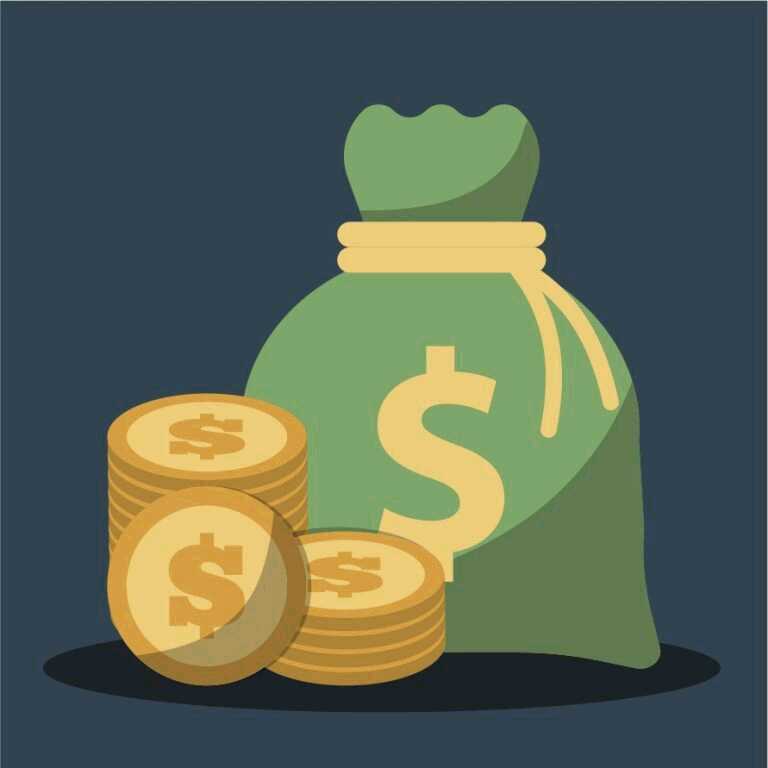
Type 1 and Type 2 diabetes are very different ball games. Type 1 absolutely must use insulin to keep the blood sugar and overall metabolic process of the user alive while Type 2 usually grows progressively worse before insulin is required as a form of medication or management. Type 1 diabetics cannot get by without insulin, but Type 2 diabetics can—and should.
Insulin: The Highs and Lows
Insulin is a simple form of therapy for diabetes. If your blood sugar levels are skyrocketing, a dose of insulin is used to bring them back to normal levels. Conversely, a too-large dose of insulin can cause a blood sugar drop, which would then necessitate a quick sugary food to counteract the insulin dose.
This simple back-and-forth seems like the best option for some people with Type 2 diabetes. With time, you’ll learn to recognize how much insulin your body needs for your activity levels and diet and be able to puncture your skin without too much difficulty or delay. Insulin allows you to make quick work of any unexpected or abnormal highs and is, across the board, an effective method of management.
However, insulin does have its downsides. Consistent use of insulin may eventually lead to decreased sensitivity and the need for more insulin to counteract high blood sugar. The cost of insulin continues to climb steadily and has tripled in the last ten years. New insulin formulas’ efficacy has also been called into question. New patents are filed for insulin that is supposed to work faster, which can require an additional period of adjustment and a dangerous learning curve.
Do What You Can
Not everyone can safely and effectively manage Type 2 diabetes with diet, exercise, and medication. Many people can but still choose insulin due to its simplicity, the unchallenged recommendation of a physician, or force of habit. If you have the option, try gradually weaning off of insulin or lessening your daily need. Prices are expected to continue rise, and newer, “better” versions of current insulin offerings are expected to continue coming out, flooding the market with high-priced medicine with an ever-rising client base.
Of course, you should never go against the recommendation of your doctor and try to wean off of insulin yourself. With careful monitoring of your eating and exercise habits, however, you may be able to use insulin as a backup rather than a go-to. Removing insulin from your daily dose of medicine can save you money, ward off allergic reactions to ever-changing formulas, and stave off decreased insulin sensitivity.
References